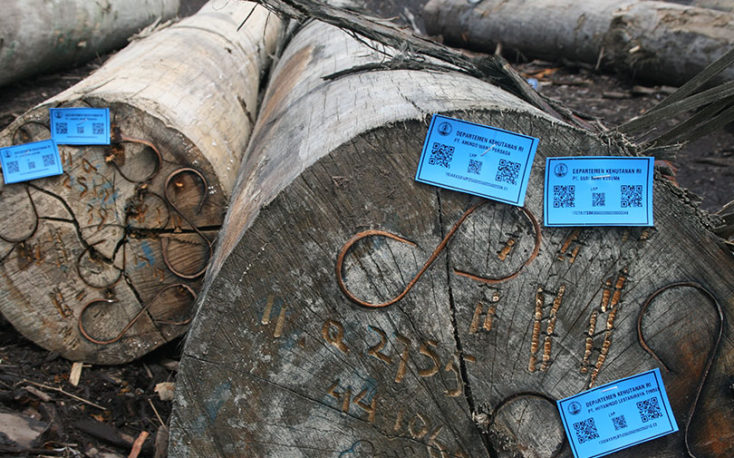Indonesia has taken several measures in recent months to improve procedures relating to FLEGT licences — the export licences that attest to the legality of EU-bound timber and timber products.
The changes are part of a process of continuous improvement that is jointly overseen by the EU and Indonesia, and which is providing important lessons for other countries that aim to issue FLEGT licences.
In November 2016, Indonesia became the first country to be able to issue FLEGT licences through a Voluntary Partnership Agreement with the EU. Since then, it has issued more than 50,000 FLEGT licences to EU-bound shipments with a combined value of nearly USD 2 billion.
The FLEGT licensing system applies to a broad range of products. It is implemented by 25 independent licensing authorities and covers 109 ports, 2,123 exporters and thousands of small and medium enterprises that supply products for export. In this complex context, and given that Indonesia is the first country to ever issue FLEGT licences, some teething problems with the new licensing system were to be expected.
Some issues have related to mismatches between ‘HS codes’ — which indicate product type — on FLEGT licences and other shipping documents. Other document discrepancies were mainly caused by exporters applying for FLEGT licences before the consolidation of their shipments because of transport delays and limited time to apply to licensing authorities.
However, in the 18 months since FLEGT licensing began, Indonesia largely addressed these issues through consultation, training and outreach led by the Ministry of Environment and Forestry. Good communication between FLEGT competent authorities in EU member states and officials in Indonesia contributed to the rapid identification and step-wise resolution of issues.
Research by the EU FLEGT Facility and Indonesia’s Licensing Information Unit shows there has been significant improvement among large and medium companies in terms of FLEGT licences being issued after the consolidation of consignments. This reduces discrepancies significantly.
Small and medium exporting enterprises are also improving but more work is needed. The FLEGT licensing authorities are now more proactive and better able to accommodate licensing requests outside of normal working hours.
Despite the improvements, the paper-based FLEGT licensing system is prone to errors in data entry. Indonesia and the EU have therefore started to explore electronic licensing as a potential alternative approach.






Leave a Reply